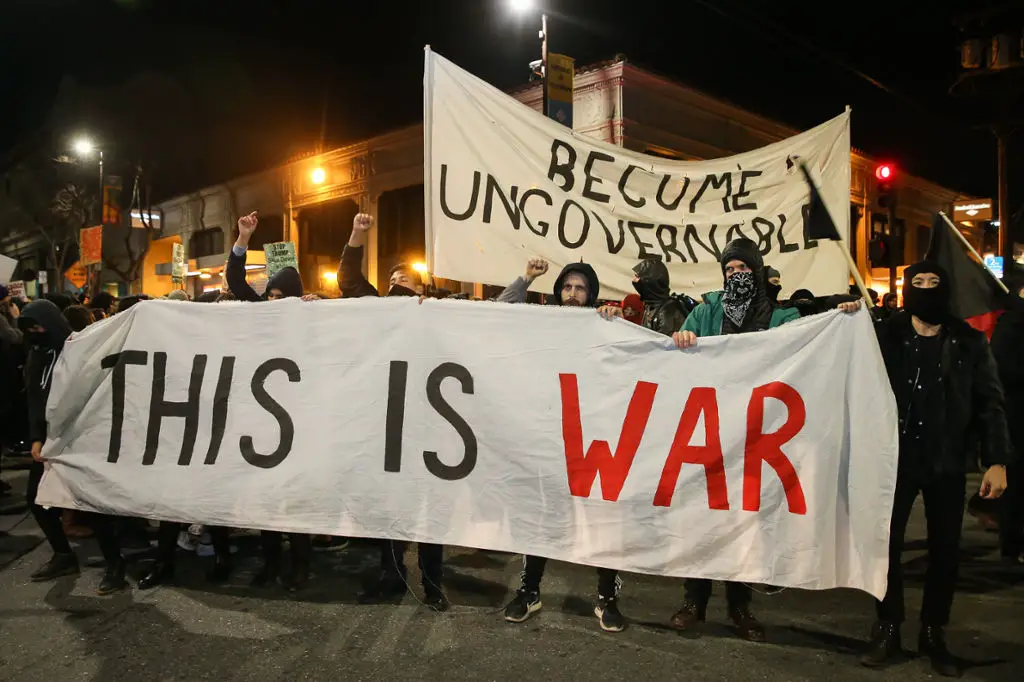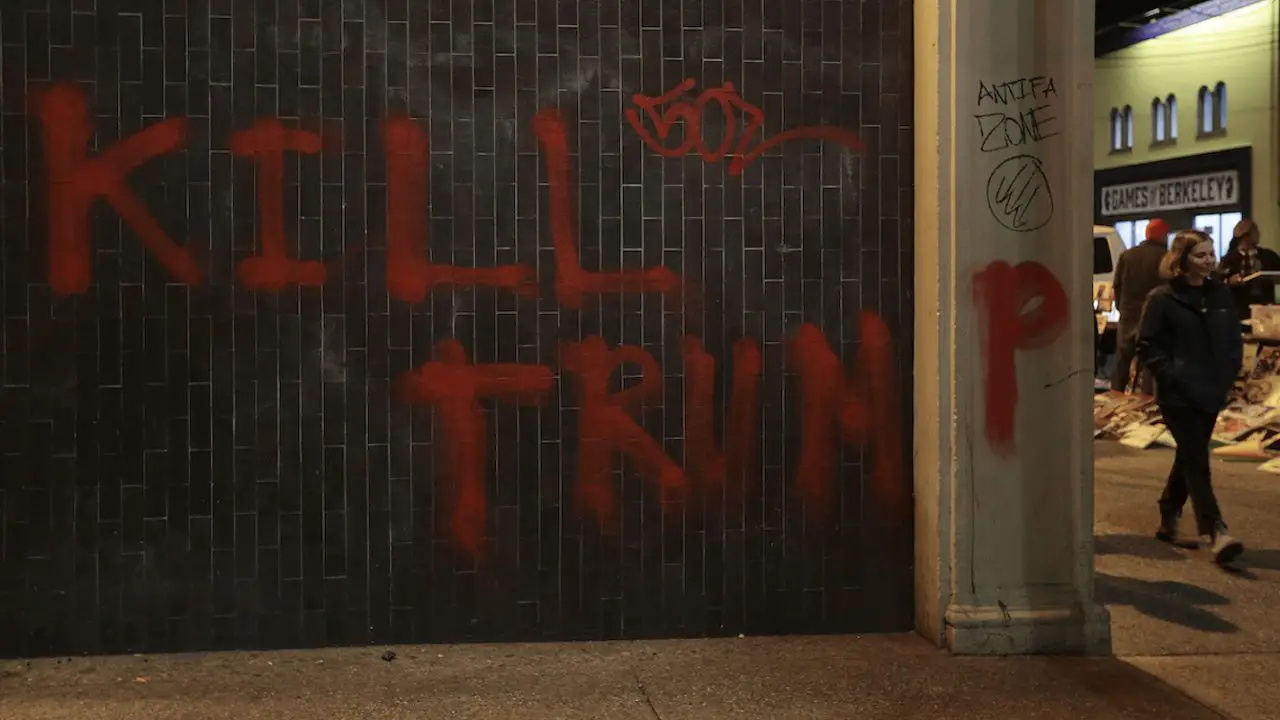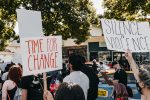The New Open-Mindedness
College students should be better than anyone at discussing ideas that they don’t understand.
By Timothy K. DesJarlais, University of Arizona
In 1964, University of California Berkeley students fiercely protested against restrictive campus rules prohibiting non-approved political groups from operating on campus.
These restrictive policies spawned the famous Free Speech Movement, engraving UC Berkley’s legacy as the battleground for free-speech rights. The students that led the fight and faced persecution from school administration were remembered as heroes.
Fifty-three years later, a different kind of protest erupted at UC Berkley. This time, droves of students united to oppose free speech, specifically the scheduled speech of Milo Yiannopoulos. The speaker, who is often accused of racism and intolerance, is extremely controversial, if not outright offensive to others. He was originally invited by the College Republican Club at UC Berkley, and the campus’ students quickly turned out to protest.

The protests made national headlines after turning violent and supposedly damaging or destroying nearly $100,000 in school property. Six people were injured, and two of the College Republicans on campus where attacked during an interview. Many protestors were eventually taken into custody, but according to campus police, they were not affiliated with the university. Nonetheless, the protest was a recent occurrence that further begs the question of how free free-speech should be.
In 1964, UC Berkley students demanded the right to express political opinion, but now, when someone comes to campus that the student body dislikes, the response is to initiate riots and burn free-speech signs. The students had a right to protest, but can they silence another’s right to free speech if they disagreed with it, and when is free speech taken too far?
This age-old question has existed since the initial implementation of free speech. Libel, slander, hate speech and gossip are typically considered obscene forms of speech that need to be regulated. But, what about speech that personally offends you or may offend another group of people? In response, many students have called for “safe spaces” to protect their fellow peers from being marginalized or faced with disagreeable opinions.
Others have expressed outrage at these ideas, claiming it mollycoddles millennials and produces “snowflakes,” or people cannot handle opposing opinions. Ultimately, the debate boils down to the level of free speech that should be tolerated on campus and in American universities. Perhaps it is becoming more difficult to address the issue of free speech simply because society has become more polarized.
The divisive 2016 election has not helped, as when the smoke of the campaigns cleared, a divided society remained.
Public discourse seems to have devolved from an open discussion of controversial topics to a blame game of pointing fingers at each other, and when all else fails, one can simply refer to the other as “fake news” or “alternate facts.”
Believe me, alternate facts are just plain ridiculous, but alternate opinions do exist and should be tolerated, not suppressed. A good litmus test to measure the offensiveness of a topic is to measure its tolerance. If a point of view respects the existence of other points of view, then it should be acceptable. If a point of view exhibits intolerance and refers to all other opinions as stupid, sub-human or demented, though, perhaps that point of view shouldn’t be discussed.
Using this test, we can easily weed out nationalist supremacy and racism, as well as offensive talk that demeans or dehumanizes certain groups of people. It is fine to disagree with someone’s lifestyle or choices, but it’s not fine to use their differences to attack and diminish them. (Quick caveat, I am not talking about criticism. For example, if someone is overweight, it isn’t wrong to suggest that losing weight may be a good choice, especially to improve their health, but simply calling someone a “tub of lard” or other insults helps no one.)
Millennials should be open to other view points and willing to accept criticism when appropriate. They do a good job of embracing different types of diversity, but perhaps the diversity of opinions is one they can work on. A society and campus community that is open to debate and discussion improves the well-being of all its members, but when it cuts off ideas or opinions that don’t fit a specific structure, it forces itself into stagnation and indoctrination.
I am more than happy to hear the viewpoints of someone else, even if I disagree with them, because every person deserves a chance to say their piece. Being open to new viewpoints allows you to take a look at the world through a different perspective, but, like I said earlier, freedom of speech is a freedom that must be exercised responsibly.
Unfortunately, many do not do so, and instead, they use their ability to speak their mind as an opportunity to slander or attack others. If you do not know what I mean, simply scroll down the Facebook comments of any political post by a public figure, and you’ll be surprised by the level of nastiness and pettiness displayed by users.
It is more important than ever in today’s society that we learn to agree to disagree. You do not have to adopt every new opinion you run into, but it is important that you respect others. In today’s society, with a person like Trump in the White House, setting an example of civil discourse is beyond necessary.


















[…] The Lost Art of Agreeing to Disagree […]